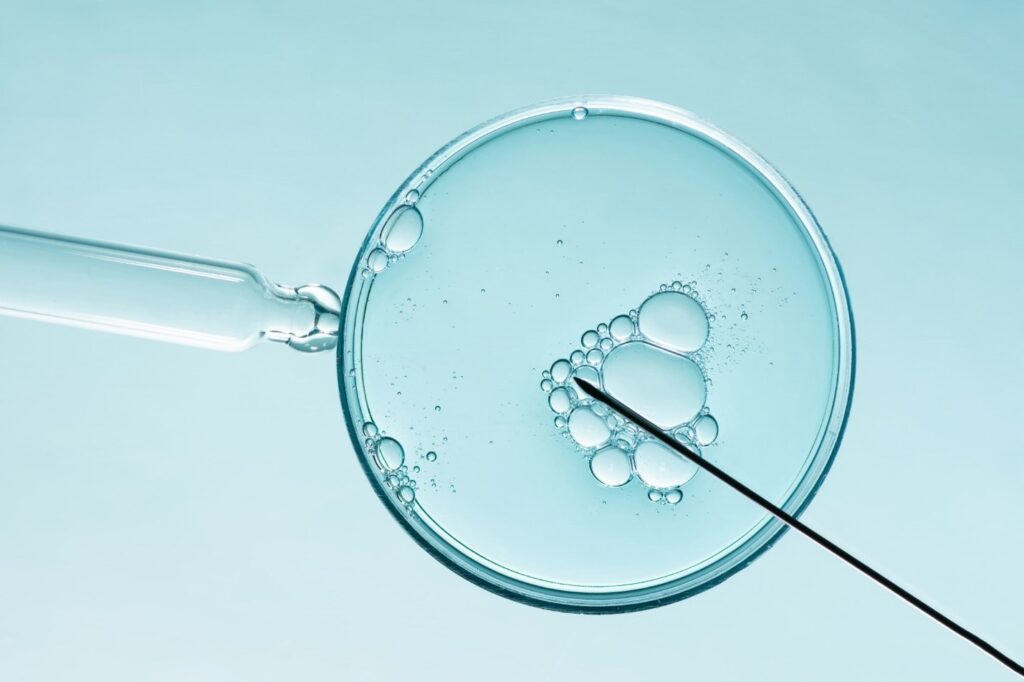Artificial Intelligence: Revolutionising Sperm Detection for Male Infertility

Approximately 7% of the male population faces infertility issues, and a groundbreaking solution may be on the horizon, courtesy of artificial intelligence (AI). Dr. Steven Vasilescu, a biomedical engineer at the “University of Technology Sydney (UTS)” and founder of NeoGenix Biosciences, leads a team that has developed AI software capable of identifying sperm in samples from severely infertile men at an astonishing rate—1,000 times faster than the human eye of a highly trained expert.
This revolutionary system, known as SpermSearch, specifically targets the 10% of infertile men suffering from “non-obstructive azoospermia (NOA),” a condition where no sperm are present in the ejaculate. Traditionally, in such cases, a surgical procedure is performed to extract a small portion of testicular tissue, which is then painstakingly examined by embryologists to search for healthy sperm. This labour-intensive process can take six to seven hours, risking fatigue and inaccuracy due to the complexity of the tissue samples.
Dr. Vasilescu’s SpermSearch streamlines this process significantly. By instantly uploading photographs of the tissue samples to the computer, the AI can swiftly locate viable sperm within seconds. The AI was trained using thousands of sample images, resulting in a system that is 1,000 times faster than an experienced embryologist, as confirmed in a published scientific paper.
It’s important to note that SpermSearch is not meant to replace embryologists but to serve as a valuable assistive tool. The system’s ability to rapidly identify viable sperm is crucial, especially in time-sensitive situations where eggs need to be fertilised promptly.
With reports of sperm counts declining by half over the last four decades, male infertility is a growing concern linked to factors such as pollution, smoking, poor diets, a lack of exercise, and stress. Researchers like Dr. Meurig Gallagher from the University of Birmingham and the team at Examen are also pioneering innovative techniques to address male infertility, including tracking sperm movement and identifying DNA damage using AI.
While these advancements are promising, they are still in the early stages of development. SpermSearch, for instance, is currently undergoing proof-of-concept testing with a limited sample size. Nevertheless, these AI-driven breakthroughs offer hope for the millions affected by male infertility and demonstrate the potential for technology to reshape the landscape of reproductive medicine.
